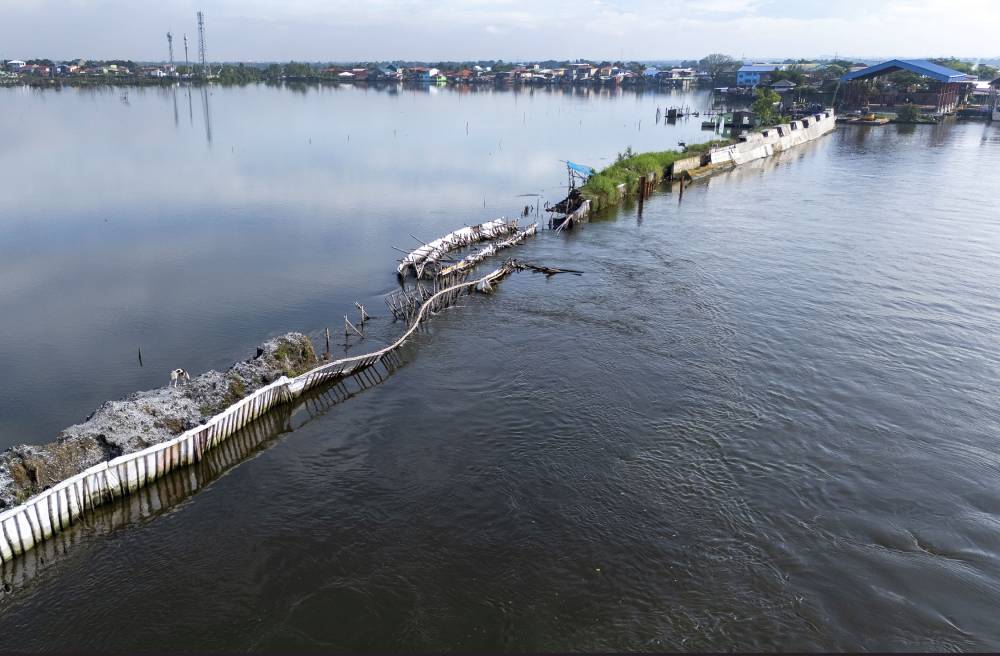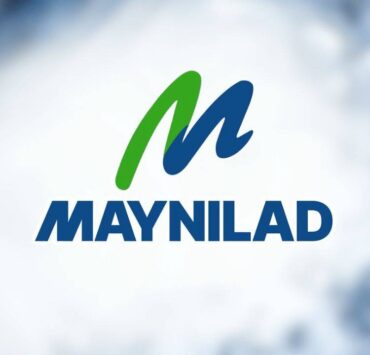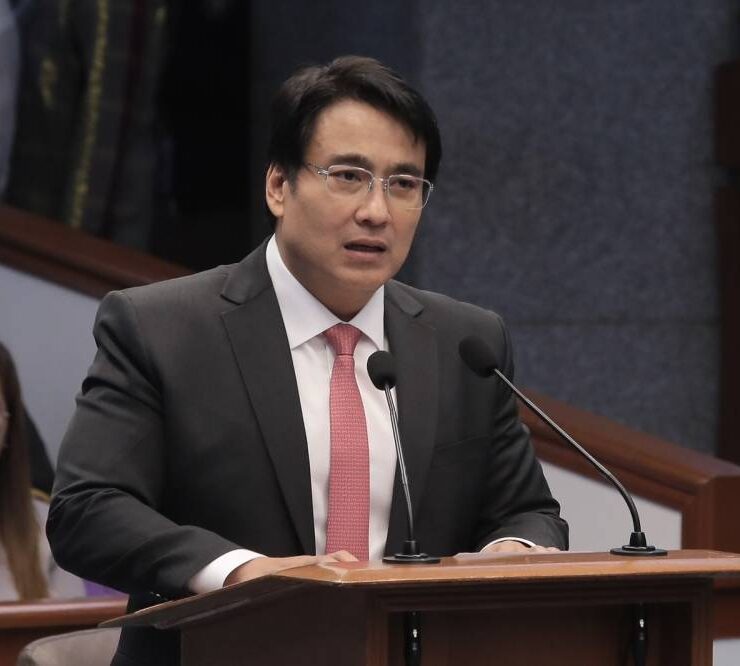AMLC tracks foreign assets tied to flood control corruption cases

The Anti-Money Laundering Council (AMLC) is pursuing the offshore assets—including foreign bank accounts, real estate and personal properties—of individuals accused of corruption in flood control projects, expanding a crackdown that has so far frozen about P4.2 billion in suspected ill-gotten wealth.
Matthew David, the council’s executive director, told DZBB radio on Monday that the AMLC was working with its foreign counterparts to trace any financial transactions or property holdings abroad linked to the accused.
He added that the watchdog may ask authorities in other jurisdictions to initiate civil forfeiture proceedings, allowing any recovered assets to be repatriated to the Philippine government.
“All assets related to corruption are covered by our financial investigation. And that includes the foreign assets of the respondents that they acquired offshore,” David said.
On Oct. 3, the Court of Appeals granted the AMLC’s request to freeze 57 bank accounts, 10 real properties and nine vehicles of individuals linked to corruption in government-funded flood protection projects.
The move brought the total assets frozen in the investigation to 1,889—covering 1,620 bank accounts, 54 insurance policies, 163 vehicles, 40 properties and 12 e-wallets. The AMLC said the crackdown also netted virtual currencies and unit investment trust funds, underscoring the breadth of financial holdings tied to the alleged scheme.
The value of frozen assets, according to the AMLC, is expected to rise as the inquiry deepens.
Illicit activity
When a bank account is frozen, all activity—transfers, deposits, withdrawals and even account closures—will be suspended. Banks are then required to comb through the accounts and review past transactions to determine whether they were used for illicit activity. Their findings are sent to the AMLC.
The freeze orders also covered insurance policies because these can serve as vehicles for concealing or moving illegal funds. For now, the AMLC is prioritizing such assets because these are easier to identify, locate and freeze.
David earlier said the council might also scrutinize banks after a congressional inquiry flagged large cash transactions linked to the flood control scandal.
“[Bank] supervisors are covered persons, we can initiate examination or compliance checking against the banks, including their employees,” David told the same radio interview yesterday.
“We can initiate enforcement action or file administrative cases against the banks or against the employee. We can also file a criminal case of money laundering,” he added.





















